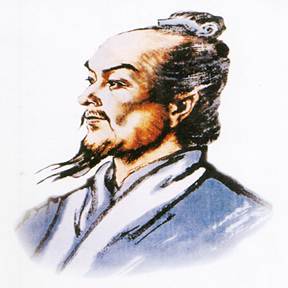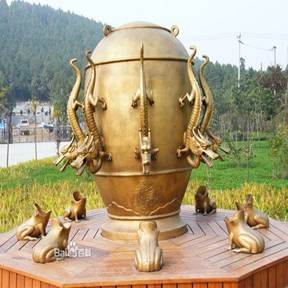During the 1980s, unemployment (失业人数) and underemployment (不充分就业) in some countries was so high as 90 per cent. Some countries did not 【B1】 enough food; basic needs in housing and clothing were not 【B2】 . Many of these countries looked 【B3】 the industrial processes of the developed nations for solution. 【B4】 , problems cannot always be solved by 【B5】 the industrialized nations. Industry in the developed nations is highly automated and very 【B6】 . It provides fewer jobs than labor-intensive industrial 【B7】 , and highly skilled workers are needed to 【B8】 and repair the equipment. These workers must be trained, 【B9】 many nations do not have the necessary training institutions. Thus, the 【B10】 of importing industry becomes higher. Students must be sent abroad to receive vocational and 【B11】 training. 【B12】 , just to begin training, the students must 【B13】 learn English, French, Germans, or Japanese. The students then spend many years abroad, and 【B14】 do not return home. All nations agree that science and technology should be shared. The point is: countries 【B15】 the industrial processes of the developed nations need to look carefully 【B16】 the costs, be cause ninny of these costs are 【B17】 Students from these nations should 【B18】 the problems of the industrialized countries closely. 【B19】 care, they will take home not the problems of science and technology, 【B20】 the benefits.
A.for
B.at
C.on
D.about
参考答案:B
解析:语义衔接题。此题和69题一样,考查的是look动词短语和文章的语义衔接。第三段第一句是说“所有的国家都赞同科学和技术共享”;第二句的The point is 暗含转折的意义,也就是说,这些国家即使赞同科学和技术共享,但也不能完全照抄发达国家的模式,毕竟还有成本问题,那么应该予以仔细的考虑。look at含有“考虑”之意,因此选[B] at。


